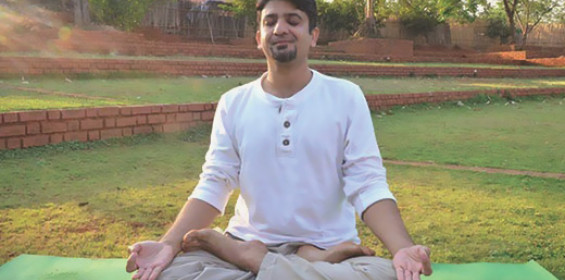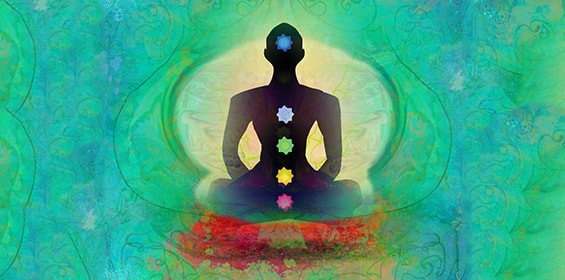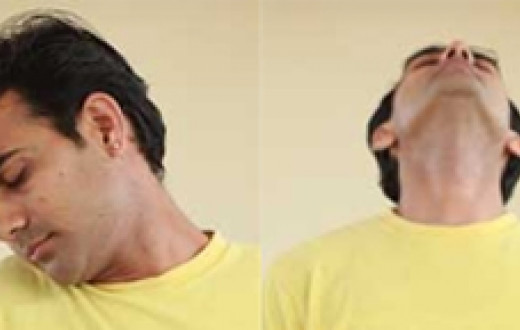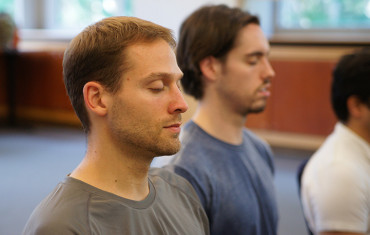Like numerous things in the world, says the ancient Indian Vedic scriptures, the body is a product of the mind. It is the mind that directs every action in the body. Whether it is to pick a fight or to strive for a worthy goal zealously, the first action originates in the mind as a ripple of thought.
What is mind-body dualism?
The mind and body are distinct. Humans have both a mind (nonphysical) and a body/brain (physical). Dualism is the thought that the mind and body exist as individual entities. If they are distinct, then how do they connect and interact? And which of the two is dominating?

Deeper impact of mind on body
A nugget on the mind
Falsifying the traditional thought that the mind is in the body, Gurudev Sri Sri Ravi Shankar says the body is in the field of the mind. He further adds, “A strong mind can support a weak body, but a weak mind cannot support a strong body.”
Just like every thought of the mind provokes an action, emotion creeps into the mind, knowingly or unknowingly, producing an effect on the body. According to Ayurveda, emotions like greed, pride and anger can create diseases.
Modern studies seem to concur with this ancient tenet. A 2006 study showed that chronic psychological stress increases the risk of heart disease. Another study shows that arteries hardened more frequently in couples who showed hostility during arguments.
Such studies have inspired an in-depth analysis of the mind-body connection. Spiritual seekers have unearthed nuggets about this unique relationship. One of them is the connection of a harmonious mind-body relationship and stress, the leading cause of most diseases.
What is the biochemistry of the mind-body connection?
The brain experiences the thoughts, beliefs, attitudes, and emotions we collectively call the mind. Chemical and physical messengers like hormones and neurotransmitters help in communication. The neural networks connect the cerebral cortex (outermost layer of the brain) to the adrenal medulla (inner part of the adrenal gland in the kidney), activating the body’s response in stressful situations. These findings exhibit how mental states, such as stress and depression, can influence organ function.
How does the mind-body connection affect our emotions?
The mind and body form a harmonious connection when both are in sync. However, when this connection is hampered, the mind loses its natural state of equanimity to stress and anxiety.
What happens when the mind and body are out of sync? Imagine you are waiting in a buffet queue. While in the tenth position, your mind dazes off to the first position. You experience pangs of anxiety for the moment when you will be first in the queue.
While this is one of the examples, think of all the times when anxiety or regret has overpowered you. When your mind is anxious, it races into the future. It gets away from what you are doing in the present. And, when your mind is regretful, it has most likely drifted to the past.
This phenomenon of the mind racing back and forth causes inefficiency at a task and creates turmoil in the mind-body complex.
Harmonizing mind-body connection
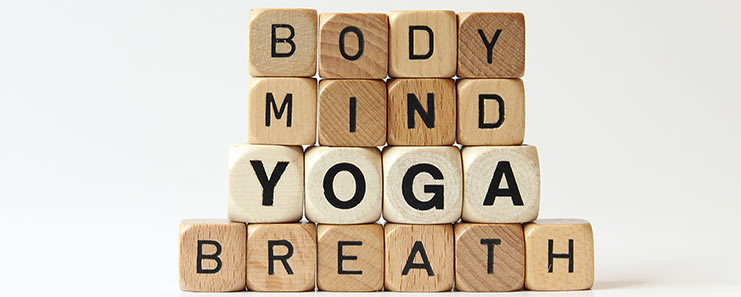
“The breath is the link between the body and the mind,” says Gurudev Sri Sri Ravi Shankar. Yoga, pranayama (breathing exercises) and meditation tap the power of breath to align the mind in the present moment along with the body.
When the mind is established in the present moment, the mind-body connection becomes harmonious, and healing on many levels begins.
Gurudev explains, “We have used and misused our breath, mind and intellect, that our whole system has been topsy-turvy, in turmoil. And all this gets stored in the memory. But remember, they can all be handled easily through the practise of meditation. Once you go to the Self, it heals the memory also.”
Align your Body, Mind & Breath: Powerful Guided Meditation with Gurudev
How does Sudarshan Kriya affect the mind-body connection?
The ability to switch between voluntary and involuntary allows breathing to impact the body-mind complex and gives us access to multiple benefits that are now validated by scientific research. Sudarshan Kriya is a powerful rhythmic controlled breathing practice taught in the Art of Living. Sudarshan Kriya (SK) has helped millions lead happier and healthier lives. SK reduces depression, activates the vagus nerve, reduces stress and anxiety, helps the brain to focus on the positive and settles you in a state of relaxed awareness.
Final thoughts
Isn’t it amazing that the mind affects the body and the body affects the mind too? Our minds can affect our physical health! On the other hand, what we do with our physical body (what we eat, what physical actions we do, how much we sweat and rest) can positively or negatively impact our mental health. This creates a complex interrelationship and interdependence between our minds and bodies.
Inspired by Gurudev Sri Sri Ravi Shankar’s wisdom talks
Based on inputs by Amol Wagle, Faculty, The Art of Living
Related link
How to improve the mind-body connection?
FAQs on the mind-body connection
Studies have convincingly established that stressful experiences change features of the immune response and confer vulnerability to adverse medical outcomes. Maintaining a congenial mind-body connection is essential to live a fulfilled and healthy life and deal with life’s ups and downs.
Research shows that Sudarshan Kriya has favorable effects on the mind-body system. It relieves stress and develops an individual’s mind-body-spirit to be happier and healthier.
With an improved mind-body connection in individuals, society also benefits from it at large. The mind-body connection can help society’s holistic well-being, from activity and creativity to nutrition and rest.
It is the relationship between your mental, emotional and physical health.
Pranayama strengthens the mind-body connection. It promotes relaxation and mindfulness. It supports multiple aspects of physical health, like lung function, cognitive capacities, blood pressure and brain function.

